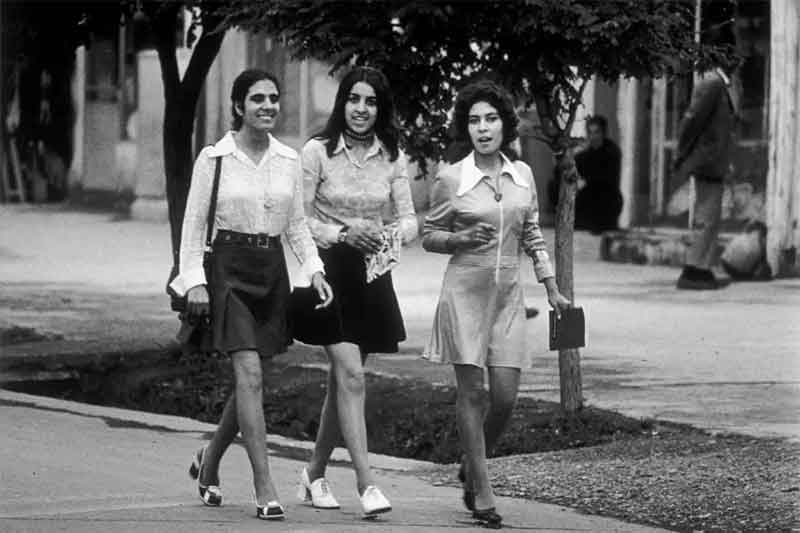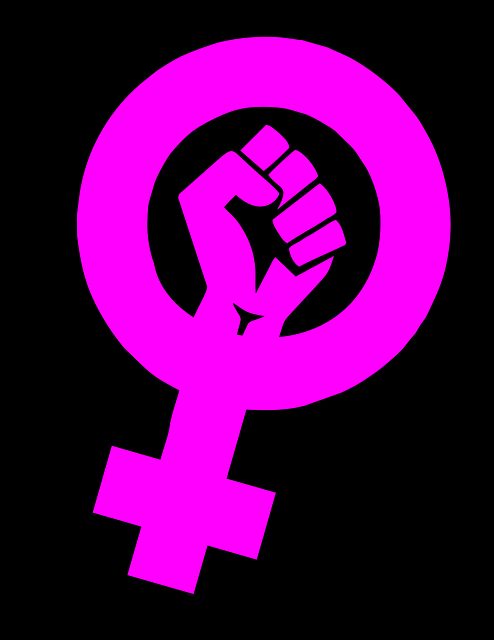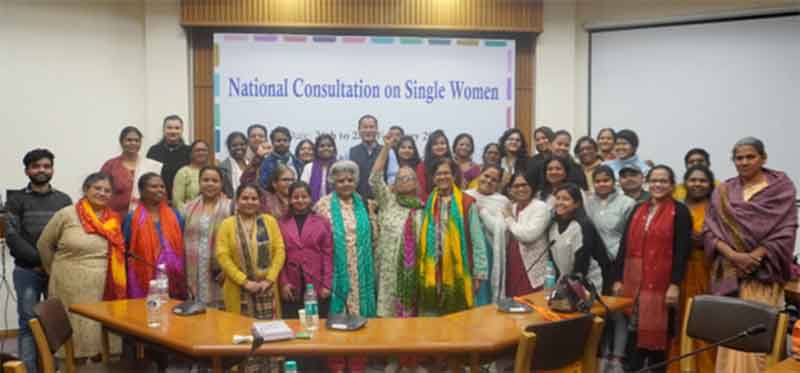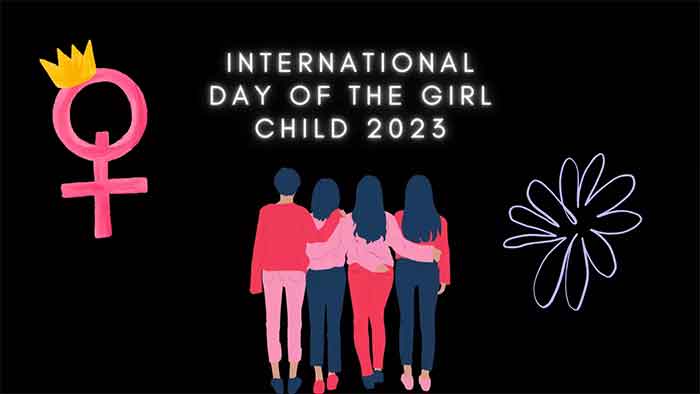
A lot of the news nowadays covers stories of abominable crimes surfacing in a remote rural pocket of West Bengal. While looking at some of them on television, I often had the following feeling: even if one is completely ignorant of the background and the kind of events that have unfolded, if someone, say hypothetically, mutes the audio (and suppose cannot read the language in which the captions are written below), and one were asked if he can make out what is going on, I am still sure he can get the major part of the story just by looking at the visuals. No one has to try too hard to figure out who amongst the people shown on TV are the exploited, tortured, famished group, and who amongst them are the alleged exploiter, torturer and perpetrator of the crimes. The stark difference in physiques of the two groups speaks much more than what all the news together can possibly convey – on the one hand, there are these skeletal, malnourished, emaciated bodies of the agitating women and men, who are coming out in large numbers expressing their grievances, and on the other are the photos (and old videos, because they are still absconding) of some of these obese, large-bodied severe offenders, whose offences range from economic and political crimes to more heinous humanitarian ones.
Some of the visuals in fact, that show the police, the guardians of law and order and peace, trying to contain the explosion of emotions of those hapless villagers, also tell a similar story. The uniformed cops, tall and stately in their appearance and mannerisms, often moving around in convoys of big cars on dusty, bumpy, narrow village roads, seem such a world apart from the skimpily-clad dark, stunted figures, huddling together, shouting and raving, and brandishing crude sticks and brooms. One is in fact reminded of similar scenes depicting the British and ourselves (‘natives’) when we were under their rule. Of course, the cops nowadays aren’t as cruel towards the villagers, as the British were towards our freedom fighters, only that they are alleged to be blindly biased towards the ruling dispensation and the first arrests they make and put behind bars are not the alleged criminals, but some of the very villagers who have shown the courage to come out with those allegations in the first place.
We people living in the city, especially someone like me, born and brought up here, often have very little idea as to how things are in a remote rural hamlet. Recently though, I got the opportunity to talk to someone who happens to be from one of these interior hamlets. It’s truly appalling how abysmal the fate of women generally are there. Atashi is her name – though it could very well be the name of hundreds and thousands of marginalised women whose story I’m about to narrate right now.
Atashi said they are four sisters and one brother and the father sells small wares nearby. Having the brother was kind of a saviour for her mother (who was subjected to great humiliation by her grandmother till before he was born). No wonder her parents and her siblings, including herself, look upon the youngest brother as a great boon and gear every family effort towards ensuring his well-being.
Her elder sister, who used to go to college, eloped and married, showing everyone in the family the futility of having girls obtain education – because sooner or later, without or without any education, the only destiny girls are born to fulfil, is get married. The next sister had a marriage proposal when she was in class ten. And once her elder sisters got married, it was her turn – there really was no option for her. She said, everyone knew, there really was no point continuing with her studies – “gram banglae kichhu jae ashe na didi – porashuno korlam ki korlam na… [in these rural parts, it doesn’t matter didi, whether I study or not]”. And she was made to believe that she wasn’t brainy enough to continue with her studies. So her parents find a suitable groom for her and Atashi gets married.
After marriage, she was continuously pressurised by her in-laws with demands for more and more gifts from her parents which they were unable to meet. Her eldest sister was married to someone working in the police and she was apparently relatively well-off amongst the others. She was set as her benchmark and they said things like, “baba-ma tomar didi ke fridge diechhe, tomake kyano dilo na!…[your parents gave a fridge to your sister, why didn’t they give you any!]”. And so they made her do all kinds of household work from dawn to dusk – almost as a compensation for the gifts her parents couldn’t afford. And a lot of other relatives came to stay with them and she was subjected to all kinds of almost inhuman physical labour.
Then when she became pregnant, her in-laws didn’t even give her food to eat for days together, ‘lest the baby grew big’. But, like daughters usually are, she didn’t say anything to her parents lest they feel even more tensed and worried for her. Once, when her father somehow came to know and brought some rice for her, they kept abusing him and her.
When doctors said she needed to get a Caesarian for her delivery, her in-laws kept saying that their son will have to bear so much expense. At some point, her in-laws even reported her to the police (and the case against her and her family is still continuing). The husband in the meantime was working as a construction worker in Kolkata. Once the construction was complete, fortunately, the owners let him have a room and he stayed on as a caretaker of the place. He then brought his wife with him to the city.
Here, she gave birth to a lovely daughter, as Fate would have it, further causing discontentment amongst her in-laws. But thankfully, her husband loved their daughter which is a big part of happiness in her life right now, and almost compensated for all the misery that life had heaped upon her.
Atashi herself was brought up believing that all that her parents and her sisters (and she herself) was meant to do was to ensure that their brother can study and grow up well. ‘What were his prospects?’ I asked her. Well, come to Calcutta and become a construction worker which was more or less the best thing they could hope for.
Sometimes, when she visited her parents’ place, she contributes to the household income…by selling their hair! Initially, I was shocked. It turns out that when they gather all the hair that naturally falls (from the heads of her sisters and mother), they can sell that for making wigs etc which sells quite handsomely according to her. That’s how they are all supporting the growing up of the sole male heir of the family who is now in class 6 or so. Though she, and everyone else knows that schools are not good at all and everybody moves on to higher classes, whether or not they learn anything.
That was the story of Atashi – of millions of others like her, who spend their whole lives trying to live at the mercy and whim of others, of unending stories of the powers-that-be that perennially turn deaf ears to their sighs, of their deplorable living conditions that make escape to a slightly better situation in life near impossible, of a perpetual hopelessness that are taken advantage of by all colours of the political spectrum, of dreams that are substituted by the wishes of just a square meal per day and a bit of honour and respect from society.
Soumyanetra Munshi, Associate Professor,, Economic Research Unit, Indian Statistical Institute (ISI) Kolkata
















































